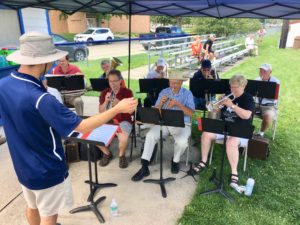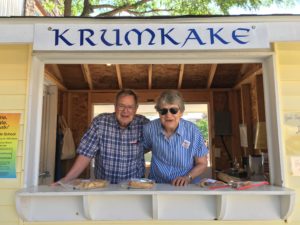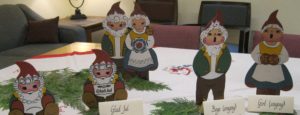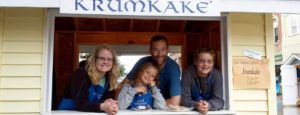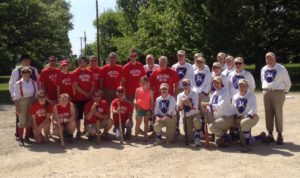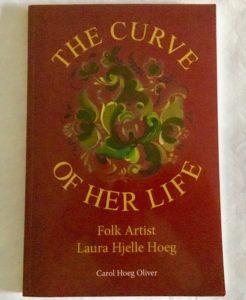Tuesday, August 8
5:00 p.m. – Vacation Bible School
Wednesday, August 9
10:30 a.m. – Communion at Aase Haugen
1:00 p.m. – Communion at Wellington Place
5:00 p.m. – Vacation Bible School
Thursday, August 10
10:00 a.m. – Bible Study with Pastor Amy
5:00 p.m. – Vacation Bible School
6:45 p.m. – VBS Worship and Ice Cream Social
Sunday, August 13 – Tenth Sunday after Pentecost
9:30 a.m. – Worship with Holy Communion – Live Broadcast
10:30 a.m. – Fellowship Hour – Coffee Sale



